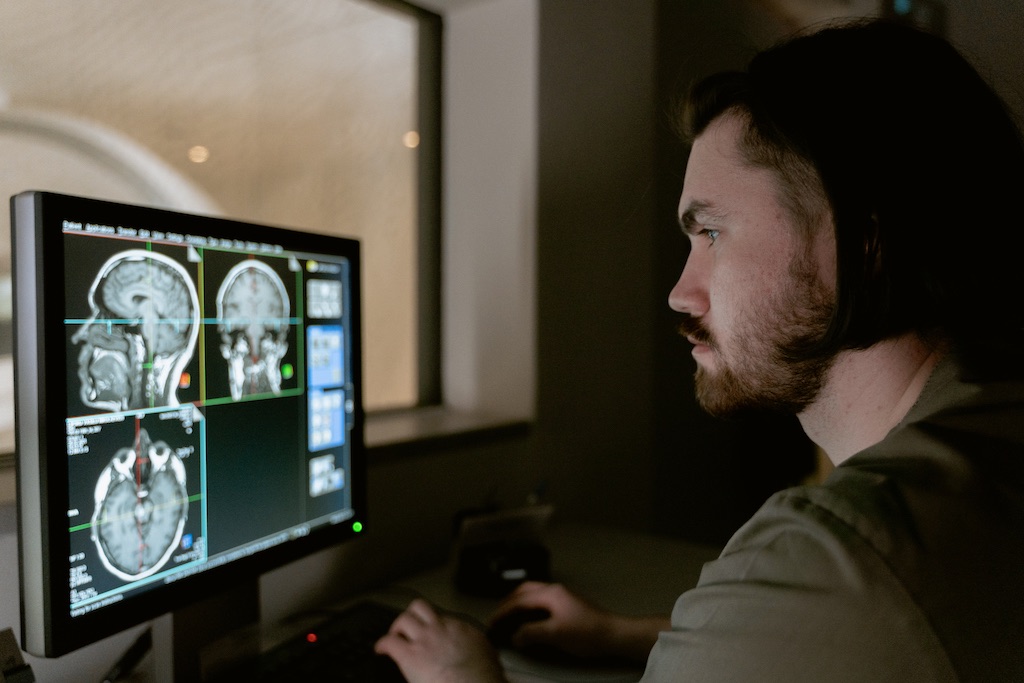Machine Learning Analyzes MRI Data to Predict Brain Tumor Progression
Posted on 17 Jan 2023
Glioblastoma multiforme (GBM), a brain cancer that has an average survival rate of just one year, can be difficult to treat because of its highly dense core, rapid growth, and location. Clinicians find it difficult to quickly and accurately estimate the diffusivity and proliferation rate for these tumors in an individual patient. Now, researchers have created a computational model that uses MRI data to predict the growth of these deadly brain tumors more accurately.
Researchers at the University of Waterloo (Waterloo, ON, Canada) analyzed MRI data from several sufferers of GBM using machine learning in order to better predict the progression of cancer. The team analyzed two sets of MRIs from each of five GBM patients who underwent extensive MRIs, waited for months, and then received another set of MRIs. Since these patients opted not to receive any treatment or intervention during this time, the researchers were provided a unique opportunity to examine how GBM grows when left unchecked by analyzing their MRIs.

Using a deep learning model, the researchers turned the MRI data into patient-specific parameter estimates that inform a predictive model for GBM growth. They applied this technique to the patients’ and synthetic tumors, for which the true characteristics were known, allowing them to validate the model. The scientists now have a good model of how GBM grows untreated and will now expand the model to include the impact of treatment on the tumors. The data set would then grow from a handful of MRIs to thousands. According to the researchers, access to MRI data – and partnership between mathematicians and clinicians – can significantly impact patients in the future.
“The integration of quantitative analysis into healthcare is the future,” said Cameron Meaney, a PhD candidate in Applied Mathematics and the study’s lead researcher.














